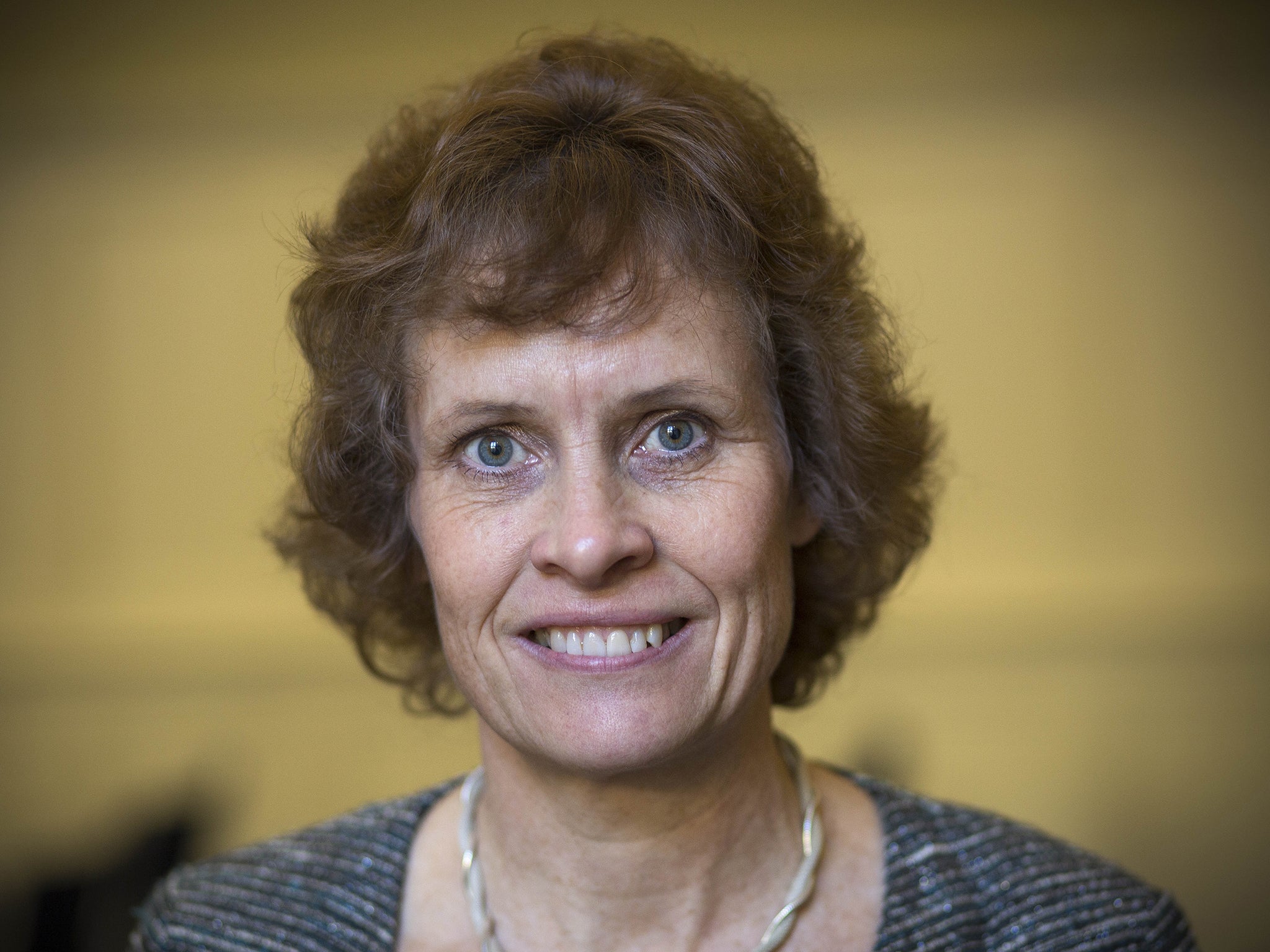Obesity: Government strategy to combat Britain's weight crisis 'a mistake', says former obesity tsar
Focus should be on parents, who hold the key to their offsprings’ eating habits, not the children, says Dr Susan Jebb

Your support helps us to tell the story
From reproductive rights to climate change to Big Tech, The Independent is on the ground when the story is developing. Whether it's investigating the financials of Elon Musk's pro-Trump PAC or producing our latest documentary, 'The A Word', which shines a light on the American women fighting for reproductive rights, we know how important it is to parse out the facts from the messaging.
At such a critical moment in US history, we need reporters on the ground. Your donation allows us to keep sending journalists to speak to both sides of the story.
The Independent is trusted by Americans across the entire political spectrum. And unlike many other quality news outlets, we choose not to lock Americans out of our reporting and analysis with paywalls. We believe quality journalism should be available to everyone, paid for by those who can afford it.
Your support makes all the difference.David Cameron’s former obesity tsar has slammed the Government’s forthcoming strategy to tackle Britain’s weight crisis as a “mistake”.
Dr Susan Jebb told The Independent on Sunday that the Department of Health is wrong to focus only on children to address the problem that two-thirds of adults are overweight. She believes improving the attitude of parents to weight loss is the best way to help children who eat too much and do not take enough exercise, given that parents have the biggest influence on their behaviour.
But the Government is mostly focusing on schoolchildren through its “Children’s Obesity Strategy”, which is expected to be published later this month. Ministers are currently debating the final details of the strategy, and there are understood to be some disagreements between departments over what should be included.
It is thought that health ministers are considering ideas to give local authorities powers to deny the opening of calorific fast-food restaurants and creating a watchdog to make sure the food and drink industry meets promises to reduce portion sizes and the amount of sugar in cans of pop. Industry sources suggested the much-vaunted sugar tax, which would increase the cost of unhealthy products, is likely to be dropped, but there will be a threat that this levy could be introduced later on, if food and drink companies do not change their ways.

Dr Jebb, who was the Coalition Government’s lead adviser on obesity until May’s general election, said: “If the focus of this strategy is entirely on children then that would be a mistake. The Government needs to have a comprehensive strategy and that needs to include adults and children. Children live in families and families are incredibly influential to that way that they [children] eat and so we need to engage adults as well.”
She is also concerned that the strategy will focus too heavily on preventing weight gain rather than dealing with how to treat people who have become obese. Dr Jebb, who is professor of diet and population health at the University of Oxford, argued: “We also need to include both prevention and treatment. You cannot ignore the facts that a third of children leave primary school overweight and two-thirds of adults are overweight.”
Dr Jebb decided to not continue in her advisory post after the general election and has not been replaced, even though the strategy is seen as one of the Government’s showpiece health announcements.
Food and drink industry sources who have discussed what is likely to be in the strategy with officials believe the widely trailed sugar tax will not be implemented but held over them “like a sword of Damocles” if companies do not reduce sugar and fat in their products. However, the British Retail Consortium, which represents firms such as Sainsbury’s, Tesco and Burger King, said last week that its members would be willing to accept the tax.
The watchdog would perform audits of the progress these companies are making, but would “have teeth” by naming and shaming those that have failed to improve. There are also suggestions that curbs on advertising sugary and fatty foods could be extended. Labelling food packaging with the number of teaspoons of sugar that is included has also been discussed.
Jane Ellison, the Health minister, suggested in a Commons debate last month that the Government is willing to intervene strongly to make sure there is a reduction in the number of overweight and obese children. “Sometimes in the national debate around obesity people question the role of the state and how it should intervene to drive change,” she said. “In the face of such high obesity rates, with such significant implications for the life chances of a generation, it is right that tackling obesity, particularly in children, is one of this Government’s major priorities, and we showed the priority we place on the issue by making it a manifesto commitment.
“Young children in particular have limited influence over their choices and governments have a history of intervening to protect them: we do not question the requirement that younger children use car seats on the grounds of safety, for example. Children deserve protecting from the effects of obesity, for their current and future health and wellbeing and to ensure they have the same life chances as other children, especially those in better-off parts of our society.”
A Department of Health source said the strategy had not been completed, but that it was “entirely logical” to focus on children. Other sources said that several dates had been pencilled in for the publication of the strategy, suggesting that officials and ministers are concerned about getting a sign-off from Number 10 and other departments that it affects.
Join our commenting forum
Join thought-provoking conversations, follow other Independent readers and see their replies
Comments